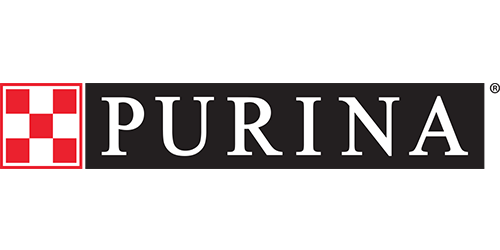Your cat’s skin: A complex organ that acts as a natural barrier
Skin is your cat’s largest organ. Its complex structure allows it to act as a shield that protects their body against:
- Dehydration
- Infection
- Parasites
- The sun
- Environmental irritants
Fur grows from hair follicles that are part of the skin’s structure, so your cat’s skin and coat health are closely connected.
Various factors can have an impact on the appearance and health of your cat’s skin, the 3 main ones being:
- Genetics
- Environment
- Diet
Diagnosing a skin condition can be difficult in cats because the signs are pretty much the same regardless of the cause:
- Dull coat
- Excess hair loss
- Which can lead to bald patches
- Itching
- You may notice your cat over-grooming or scratching more than normal
- Skin lesions such as:
What causes skin problems in cats? Any number of things. External factors include:
- An environment that’s too dry or too humid
- Parasites
- Bacterial and fungal infections such as ringworm
- Irritants like:
- Dust
- Contact with certain plants
- Certain materials
Then there are internal factors such as:
- An allergy or hypersensitivity to pollen or dust mites
- An adverse reaction to certain ingredients
- Chronic illness or a hormone imbalance
As a protective barrier, your cat’s skin needs to stay healthy despite regular assaults on many fronts, e.g., from:
- Flea bites
- Dehydration from living in a dry environment
- Dust
- Inflammation triggered by an allergic reaction
To counter these attacks, your cat’s skin is constantly renewing itself. If it’s damaged, it’s more vulnerable to infection and won’t be able to grow that healthy, shiny coat you love to pet. To stay healthy and keep producing new cells, your cat’s skin needs:
- Protein
- Essential fatty acids
- Acids that your cat has to get from their diet because they can’t be synthesized by the body
- Vitamins
- Minerals
A high-fat diet has the added benefit of improving the appearance of kitty’s coat, but proceed with caution! Fats are higher in calories than proteins and carbohydrates. So be sure to serve a well-balanced diet to keep your cat from putting on the pounds. For more information, read our page on Maintaining your cat’s weight.
The key thing to remember is that a complete, well-balanced diet is essential to maintaining your cat’s skin and overall health.
Not to worry: A special diet designed to promote skin health can help tremendously. And your veterinary team is standing by to help you choose the right one for your feline friend. Your veterinarian is in the best position to recommend the food that will best meet your cat’s specific needs.
Skin conditions can be very uncomfortable. But you and your cat can both get some relief with vet-recommended foods formulated for dermatological disorders.
For more on the benefits of nutrition for coat and skin health, read these posts on the Royal Canin website:



